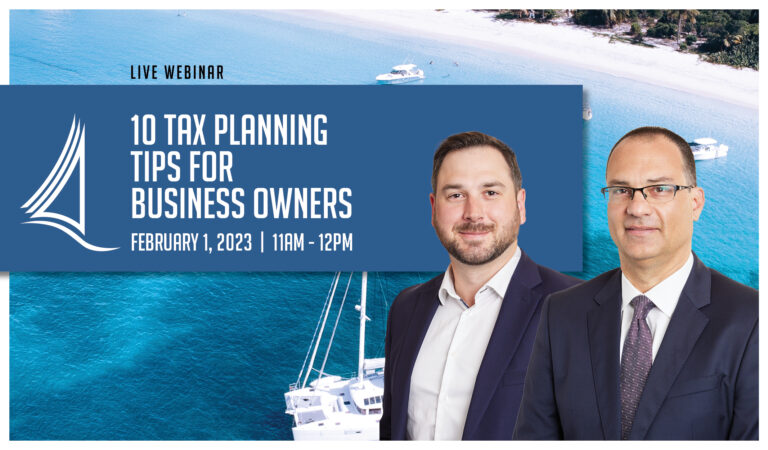Knowledge
Thoughts, opinions and trends – everything, all in one place.
37 result(s)

Family Trusts Could have an Unexpected Tax Liability for 2024
December 13, 2024 – Today we discuss a particular new AMT provision which may have a significant impact on a very common type of tax planning strategy – this type of planning is often referred as “prescribed rate loan” planning.

Home Renovation Credits for Seniors
October 28, 2024 – There are several tax credits available to assist seniors with renovations necessary to make their homes accessible and safe. In this blog, we will define each tax credit and discuss how seniors may qualify to receive them.

Building Wealth Across the Decades: Key Financial Priorities for Your Sixties and Beyond
June 14, 2023 – As you enter your sixties and beyond, it is essential to stay the course on the financial planning strategies you put in place in earlier years. At this stage, your main attention should shift toward retirement spending and cash flow management.

Building Wealth Across the Decades: Key Financial Priorities for Your Fifties
June 08, 2023 – Over the course of your fifties, continue to build on the financial planning activities you started in your earlier years. As retirement approaches, it is crucial to ensure you have enough savings to maintain your desired lifestyle. This includes…

Building Wealth Across the Decades: Financial Planning Priorities for Your Forties
June 01, 2023 – As you enter your 40s, your financial situation often becomes more complex. It’s likely that you have children who are nearing college age, your earning potential has increased, and with it, there are several financial obligations to consider, such as:

Building Wealth Across the Decades: Financial Planning Priorities for Your Thirties
May 25, 2023 – A big question I hear from people in their thirties is: “should I invest in my Tax-Free Savings Account (TFSA) or should I pay down my mortgage?” This is what I would do in my thirties:

Building Wealth Across the Decades: Key Financial Priorities for Your Twenties
May 17, 2023 – Let’s start by addressing the foundational elements of finances that you’re building in your twenties. Here are the top three priorities:

Market Outlook: Where Will Inflation Go From Here?
May 17, 2023 – With recession risks building, where will inflation go from here? On May 17 at 11:00am, Welch LLP’s Family Wealth Advisory Group and guest speaker Craig Basinger, Chief Market Strategist of Purpose Investments, will host an informative discussion on the market outlook.

Top 10 Tax Planning Tips for Business Owners
February 01, 2023 – When it comes to planning for the financial well-being of your business, there are hundreds of goals you can set, and even more ways on how to reach them. But where do you start?

5 Things You Can Do as a Business Owner to Prepare for 2023
January 03, 2023 – As we say goodbye to 2022, there seems to be a consensus that Canada will enter a recession in the latter half of 2023. Having weathered the rollercoaster of the past two years, we appreciate the concern business owners are feeling as they will no doubt face yet more twists and turns in the new year.

Converting Your Registered Retirement Savings Plan (RRSP) Into Income.
December 13, 2022 – You’ve been contributing to your RRSP throughout your career and now it’s time consider reversing the flow of funds; leveraging your RRSP as an income source to help fund your retirement. The RRSP is an important and often materially significant piece. What are your options?

A Look into Today’s Interest Rates
October 27, 2022 – Any discussion on interest rates must start with “inflation”. The definition of inflation is “too much money chasing too few goods”. Both sides of this equation have been in play over the last couple of years.